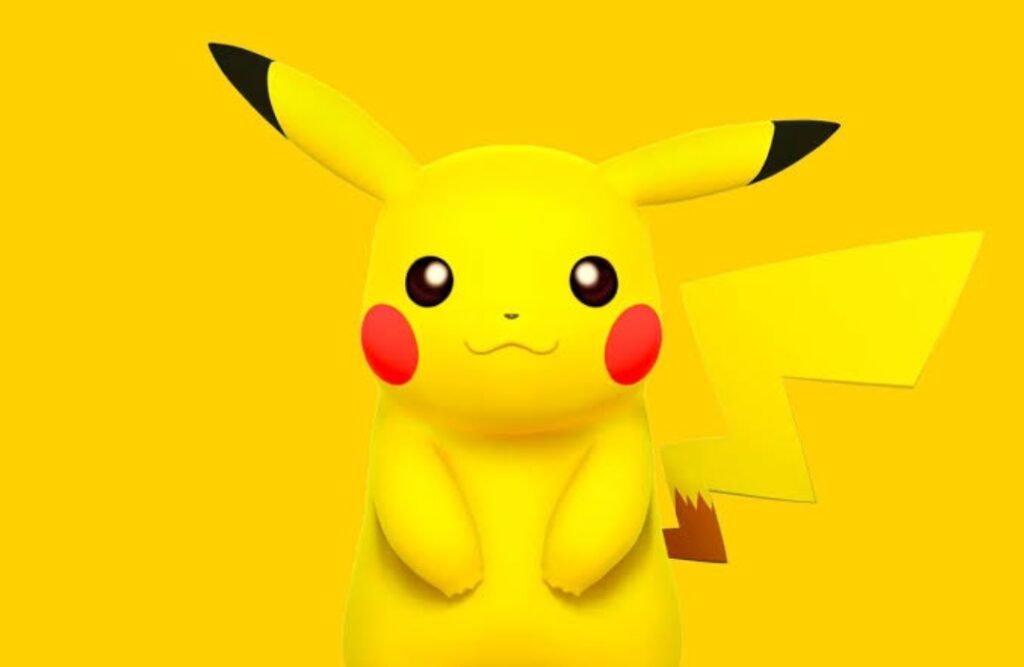Introduction:
In the realm of pop culture, few franchises hold as much sway and nostalgia as Pokémon. What began as a humble pair of video games for the Nintendo Game Boy in 1996 has since blossomed into a multimedia empire encompassing video games, trading card games, an animated television series, movies, merchandise, and more. With its charming creatures, captivating gameplay, and enduring message of friendship and adventure, Pokémon has transcended generations, becoming a cultural phenomenon that continues to capture hearts worldwide.
The Birth of Pokémon:
Pokémon, short for “Pocket Monsters,” was created by Satoshi Tajiri and Ken Sugimori, and developed by Game Freak and Nintendo. Inspired by Tajiri’s childhood hobby of collecting insects, Pokémon introduced players to a fantastical world where they could capture, train, and battle creatures known as Pokémon. The original games, Pokémon Red and Green (Blue in international releases), debuted in Japan in 1996, igniting a craze that would soon sweep the globe.
The Pokémon Universe:
At the core of the Pokémon universe are the Pokémon themselves. These creatures come in various shapes, sizes, and types, each possessing unique abilities and characteristics. From the iconic Pikachu to the formidable Charizard, the Pokémon roster boasts over 800 species, each with its own devoted fanbase.
The Pokémon world is also home to a diverse array of regions, each with its own geography, culture, and Pokémon species. Whether exploring the lush forests of Viridian Forest or navigating the bustling streets of Celadon City, players are invited to embark on a journey of discovery and adventure.
Gameplay Mechanics:
Central to the Pokémon experience is the gameplay mechanics that have remained remarkably consistent throughout the series’ iterations. Players assume the role of Pokémon Trainers, tasked with capturing and training Pokémon to become the very best, like no one ever was. Battles, both against wild Pokémon and other Trainers, are a cornerstone of gameplay, requiring strategic thinking and careful planning to emerge victorious.
In addition to the mainline RPGs, the Pokémon franchise has expanded to encompass various spin-off titles, including puzzle games, dungeon crawlers, and even augmented reality experiences like Pokémon GO, which took the world by storm upon its release in 2016.
Cultural Impact:
Pokémon’s influence extends far beyond the realm of gaming. The franchise has left an indelible mark on popular culture, inspiring countless adaptations, parodies, and tributes. The animated television series, which follows the adventures of Pokémon Trainer Ash Ketchum and his friends as they travel the world, has become a beloved staple of children’s programming.
The Pokémon Trading Card Game (TCG) has also played a significant role in the franchise’s cultural impact, fostering a vibrant community of players and collectors. With thousands of unique cards featuring stunning artwork and strategic gameplay, the TCG continues to thrive decades after its initial release.
Furthermore, Pokémon has become a symbol of nostalgia for millions of adults who grew up with the franchise in the 1990s. The sight of a Pikachu or the opening notes of the iconic Pokémon theme song can instantly transport fans back to their childhoods, evoking cherished memories of battling friends on the playground or trading cards during recess.
Evolution of the Franchise:
Over the years, the Pokémon franchise has evolved and adapted to stay relevant in an ever-changing entertainment landscape. With each new generation of games, developers introduce innovative features, new Pokémon species, and enhancements to gameplay mechanics, ensuring that each installment feels fresh and exciting.
The Pokémon Company has also embraced new technologies and platforms to reach audiences in innovative ways. From mobile apps to streaming services, Pokémon content is more accessible than ever, allowing fans to engage with the franchise whenever and wherever they choose.
Looking Ahead:
As Pokémon continues to evolve and grow, one thing remains constant: its ability to capture the imaginations of fans young and old. With the recent release of Pokémon Scarlet and Violet, the latest entries in the mainline RPG series, and plans for future expansions and spin-offs, the future of Pokémon looks brighter than ever.
Conclusion:
In a world filled with fleeting trends and fads, Pokémon stands as a timeless testament to the power of imagination, friendship, and adventure. Across generations, fans have been drawn to the enchanting world of Pokémon, forging lasting memories and lifelong bonds along the way. As we look ahead to the next chapter in the Pokémon saga, one thing is certain: the journey to become a Pokémon Master is far from over.

